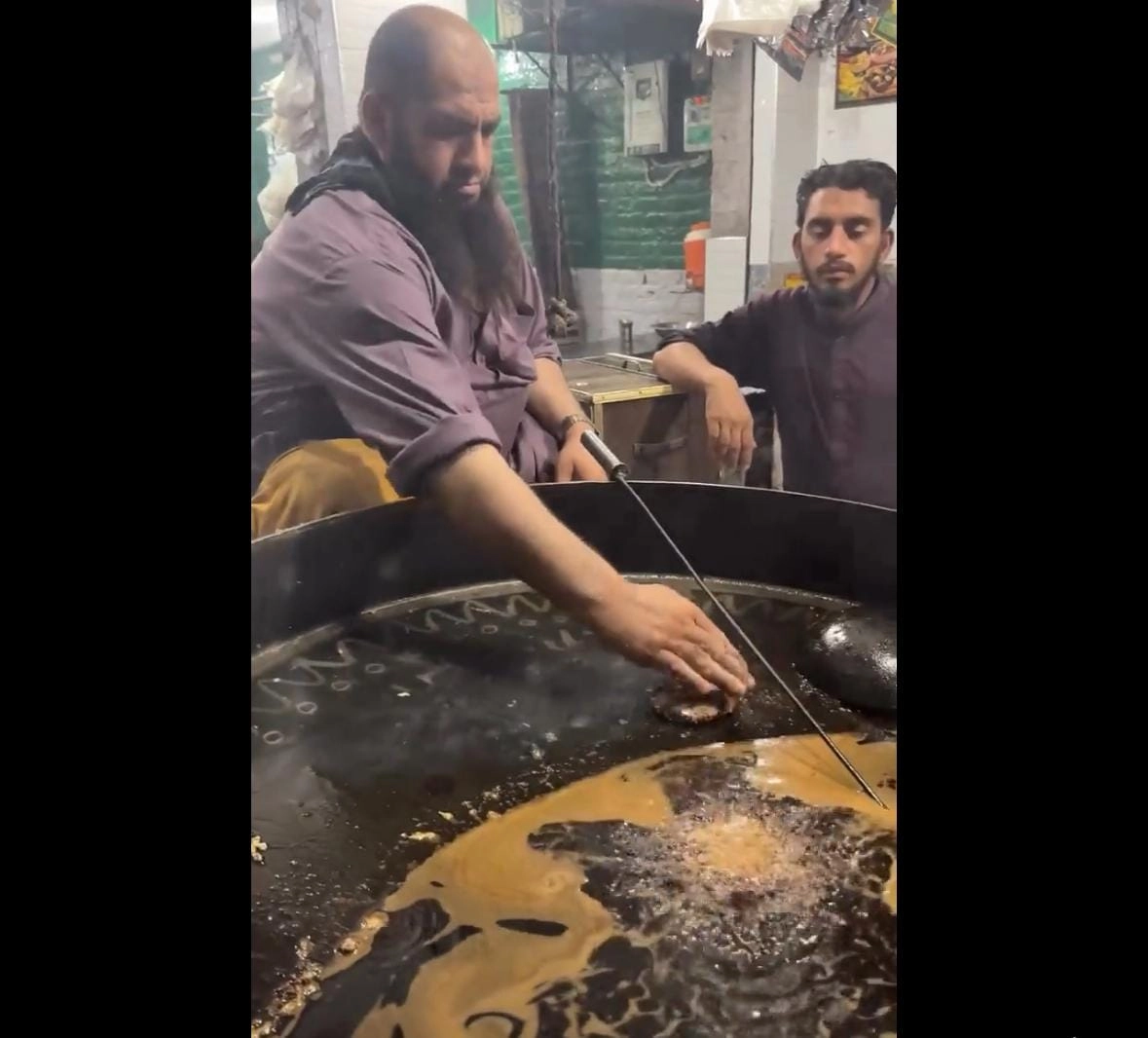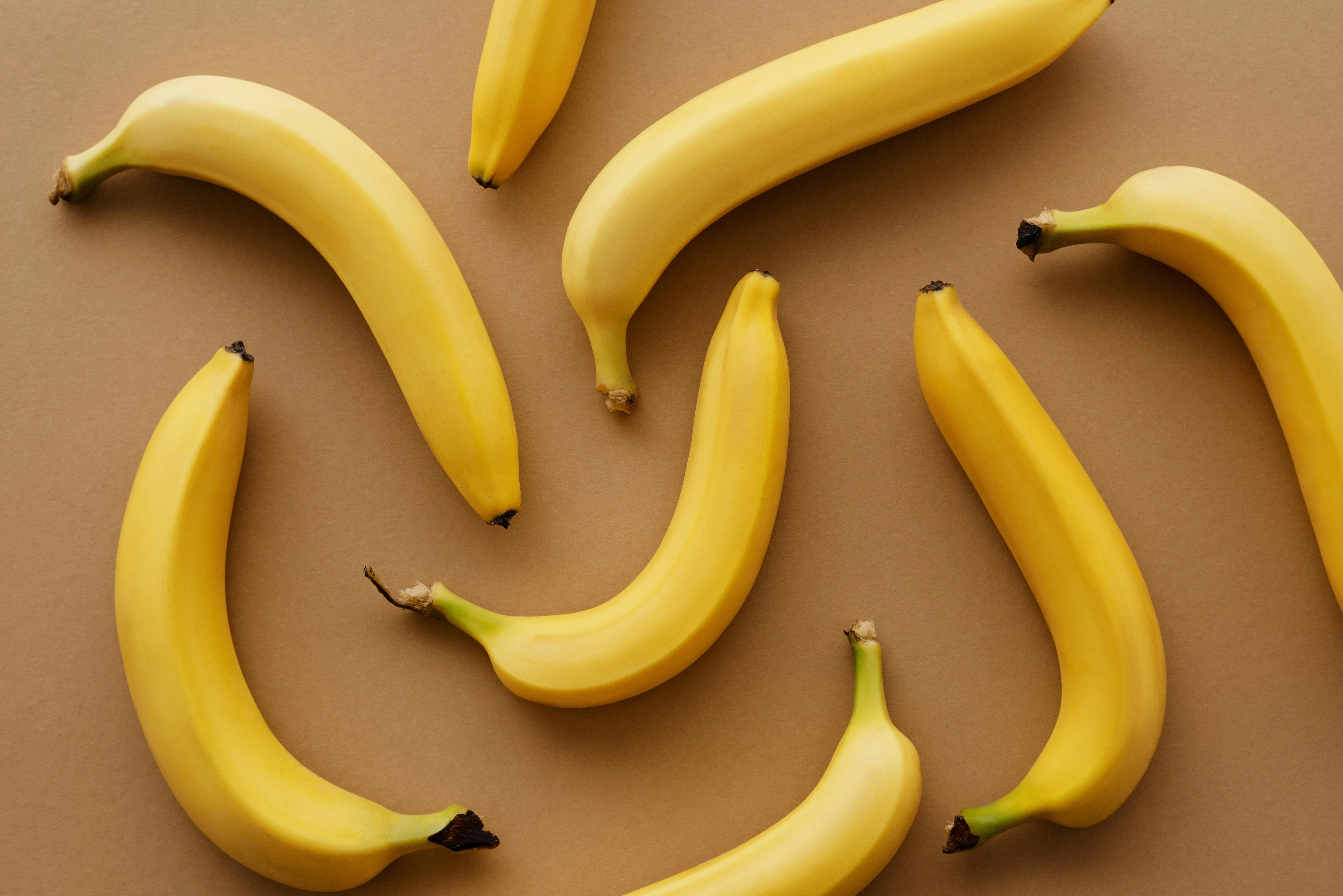Have you ever found yourself curious about the fascinating process of honey production? Honey has been a staple in human diets for centuries, celebrated for its sweetness and potential health benefits. But how is it actually made? The journey of honey begins with bees, specifically the honeybee species. These industrious insects collect nectar from flowering plants, which they then bring back to their hives. Once inside, they transform this nectar through a process of regurgitation and evaporation. The bees fan their wings to help evaporate the water content of the nectar, thickening it into honey. This process not only alters the nectar’s flavor and sweetness but also helps preserve it for future use, providing a rich food source for the colony.
The question of whether honey is vegetarian or vegan often sparks debate. From a vegetarian perspective, honey is considered acceptable since it is produced by insects rather than mammals. However, many vegetarians choose to avoid honey due to ethical concerns regarding the treatment of bees and the environmental impacts of commercial beekeeping. In contrast, the vegan community typically excludes honey from their diets altogether, as it involves the exploitation of bees. Vegans advocate for a lifestyle that aims to avoid all forms of animal exploitation and cruelty, leading them to seek alternative sweeteners like agave nectar, maple syrup, or date syrup.
The complexities surrounding honey production and its classification as vegetarian or vegan highlight broader discussions about food ethics and sustainability. As consumers become increasingly aware of the implications of their dietary choices, many seek out local, sustainable honey sources or opt for plant-based alternatives. This growing awareness is prompting beekeepers to adopt more ethical practices that prioritize the well-being of the bees and the environment. Ultimately, whether one chooses to consume honey or avoid it is a personal decision shaped by individual beliefs about food, animal welfare, and sustainability. Regardless of one’s stance, understanding the intricate process of how honey is made can foster a deeper appreciation for this natural sweetener and the vital role bees play in our ecosystem.




